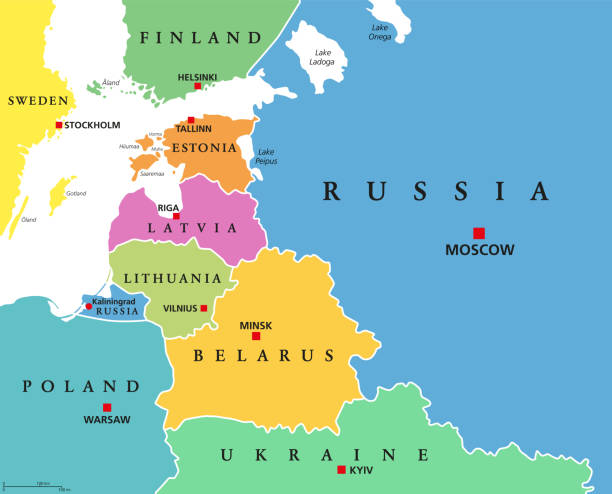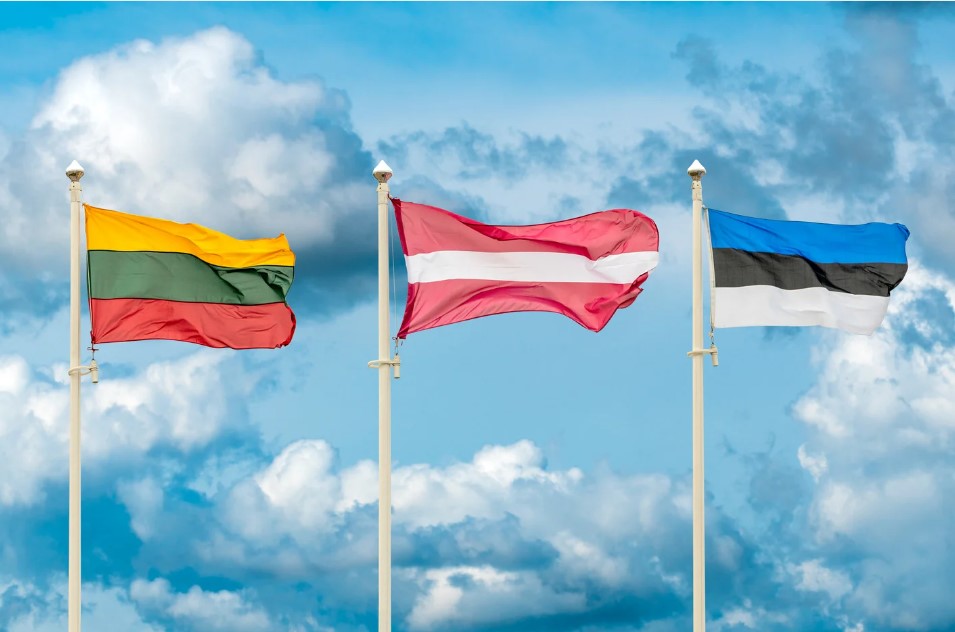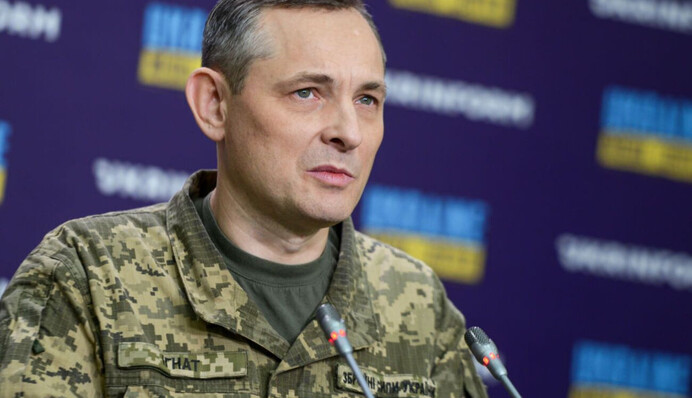Operators of the main transmission networks in Estonia, Latvia, Lithuania, and Poland have prepared projects worth approximately 600 million euros to strengthen the security of key energy infrastructure.
According to ERR, the chairman of the Estonian company Elering, Kalle Kilk, noted that these initiatives are planned to be financed through the European Cohesion Fund.
The funding will focus on preventing all types of attacks, including cyber threats and physical interference. Special attention will be given to new assets acquired during synchronization, such as high-voltage lines and synchronous compensators. The projects also include the development of tools for monitoring system status, detecting emergencies, and physically preventing disruptions.
Planned measures include enhancing protection against drones. Kilk stated that Elering is working on creating drone detection and neutralization systems, but this requires not only investments but also changes in legislation, as current laws allow drones to be shot down only by a limited number of authorized agencies.

Additionally, the projects include the installation of physical barriers, improvement of access control systems, and enhanced monitoring of facilities, including three high-voltage lines between Estonia and Latvia. More attention will also be given to underwater infrastructure. Currently, detecting cable damage takes a long time, but automated solutions are planned to speed up this process.
Despite the high level of security at substations and compensators in Estonia, Kilk believes that the physical protection of facilities can be significantly improved. Specifically, this concerns preventing unauthorized access to equipment.
The final application for funding from the European Cohesion Fund is still being prepared, so the total cost of the projects is provisional. According to Kilk, about one-third of the funds will be directed towards projects in Estonia, with the remainder distributed among Latvia, Lithuania, and Poland.
It is unlikely that the national budget will finance infrastructure security. It is expected that part of the costs will be covered by European subsidies and cross-border overloading fees, with the remainder funded through the tariff policies of network operators.





















